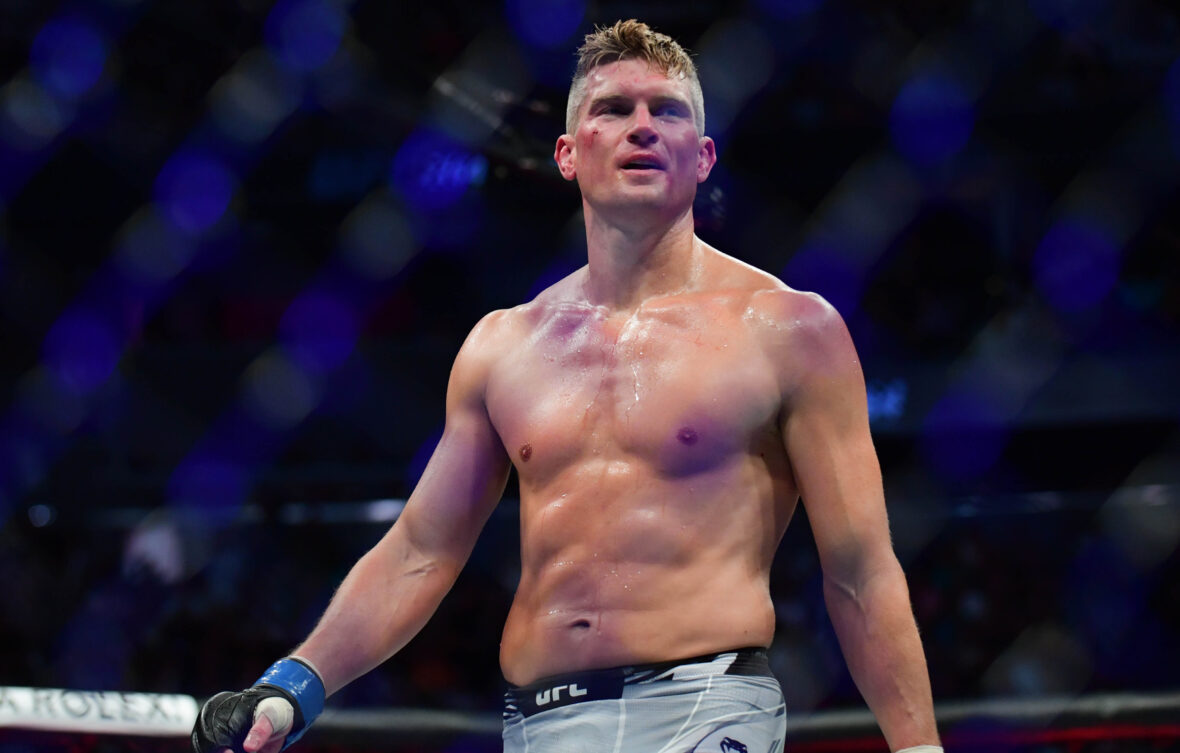A fight between Stephen Thompson and Michel Pereira seems like one of those fantasy matchups that doesn’t come around too often. There’s a reason why the well-adapted karate of Wonderboy and the high-flying acrobatics of Pereira were paired up at UFC 291. So the letdown of the bout being canceled due to Pereira being three pounds over the welterweight limit was felt by everyone who looked forward to the duo opening up the pay-per-view main card.
The letdown for Stephen Thompson continued well after the contest was scheduled to end. While talking to Ariel Helwani on Monday’s edition of “The MMA Hour,” Thompson confirmed rumors that he was not compensated for making his contracted weight ahead of fight night.
Also Read: UFC rankings – Get the latest to 10 for every major UFC weight class
Thompson also stated that his management was actively seeking to resolve the situation with the promotion and was hoping that everyone, including UFC President Dana White, “would do right by” him. Whether or not the two-time title challenger and the company come to a mutually satisfactory resolution at this point is irrelevant. Why is this even happening in the first place?
Stephen Thompson’s pay snub again highlight the good, the bad, and the ugly in UFC policies
As he has for every one of his 24 professional mixed martial arts contests, Stephen Thompson stepped on the official scale and weighed exactly what he was supposed to. It was his opponent that failed to meet the previously agreed-upon conditions for the bout to take place.
While the UFC has done a good job of keeping details of most contracts in-house, what has been made public doesn’t indicate that any amount of money is owed to fighters for making weight. Instead pay is differentiated between “purse” and “win” splits. Without any obligation to pay a fighter once he has weighed in successfully, the UFC is well within its rights to decline writing a check to Thompson.
We’ve seen similar scenarios play out to the tune of a direct deposit that represents the full payday, the hefty unexpected loss of training camp costs, and everything in between. We’ve even seen fighters who are actually responsible for a bout falling through being awarded their full purse. The inconsistency is wide-ranging.
While the stories of fighters receiving pay despite not competing are nice to hear and can result in good PR, the true problem originates from this being a gray area that is reliant upon the willingness of UFC officials to “do right by” any of its fighters. It opens a door to questionable practices that compromise the careers and long-term health of the athletes that take the true risks.
Transparent policies to protect fighters after fights fall through must be instituted

Thompson declined to take on Pereira at a catchweight to preserve the booking. Could that be why he received no compensation? It says a lot when someone who has headlined seven UFC cards, challenged for the title twice, and is revered by the fan base is left to deal with the financial fallout of a mess that they didn’t create.
Someone like “Wonderboy,” who is on the higher end of earners and has revenue streams outside of the Octagon, can afford to look at the prospect of facing an opponent that possibly has a competitive edge outside of the previously agreed upon conditions and decide that the juice may not be worth the squeeze. He can look at his razor-thin decision loss to Darren Till in 2018, in which Till failed to hit the right number on the scale and decide that the risk in this late stage of his career won’t be worth it.
But what about the far less established, far less financially well-off fighters who are faced with that same choice? They can either:
- 1) Eat the costs of a full camp and struggle to pay bills until the next time the promotion decides to give them a call.
- 2) Accept a catchweight fight and be at an unexpected disadvantage against a potentially bigger and better-hydrated opponent.
- 3) Take another fight on a quick turnaround with another weight cut.
- 4) Take another fight on a quick turnaround in a heavier division?
Those options aren’t exactly favorable. If there was a consistent and contracted policy to handle this scenario, it could go a long way to preserving the integrity of the product.
